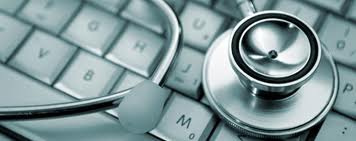Nursing is more than just taking blood samples, recording patient data or assisting the physician. Nurses are well-educated and prepared to handle sophisticated tasks and procedures to best assist the patients towards recovery. Additionally, learning the medical terms as well as the procedures is not their only job. Nurses, to be more effective, must be able to learn the proper way of approaching their patients. They must also be able to understand how people think, feel and react. This may seem like a job for a psychologist, but it is very important to be able to provide quality and effective health care services.
As a nurse, you will be able to experience different types of patients with different health issues and from different social backgrounds. Patients react differently on a particular condition or medication which will have a direct impact on their recovery. Through the knowledge of sociology, nurses will be able to look past what is obvious. It will give them another perspective of the situation which will give an idea on what approach or medication to take.
Incorporating sociology in nursing helps develop skills that will make nurses provide nursing care to patients in a more effective way by considering many other factors and forces that directly affect recovery and care. Determining the factors that may hinder recovery or promote it may help avoid malpractice and fast track recovery.
The fast recoveries of the patients don’t just depend on the quality of the medicines the patient took or the use of the advanced medical facilities, it also depends on how well the nurses determine the true needs of the patient.

